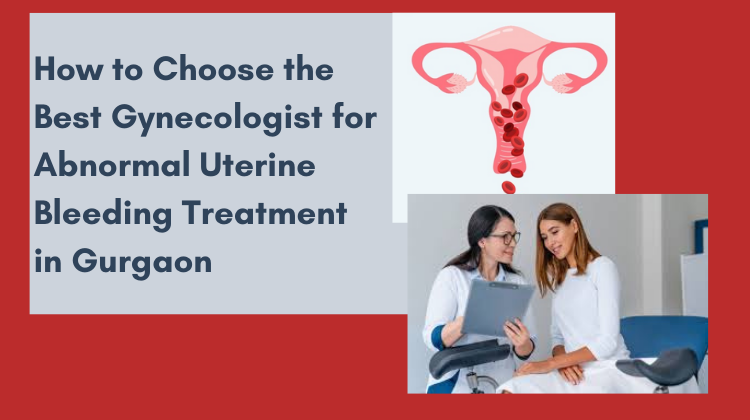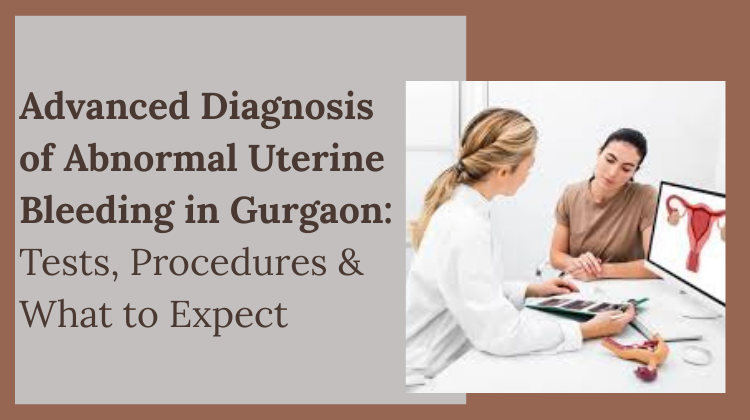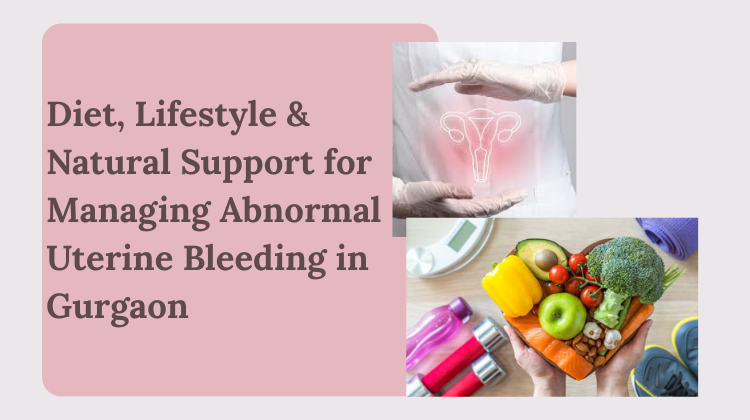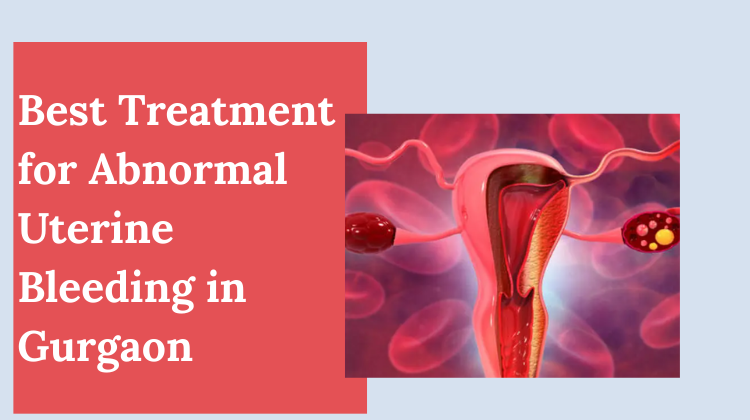Menopause and Bone Health: What You Should Know
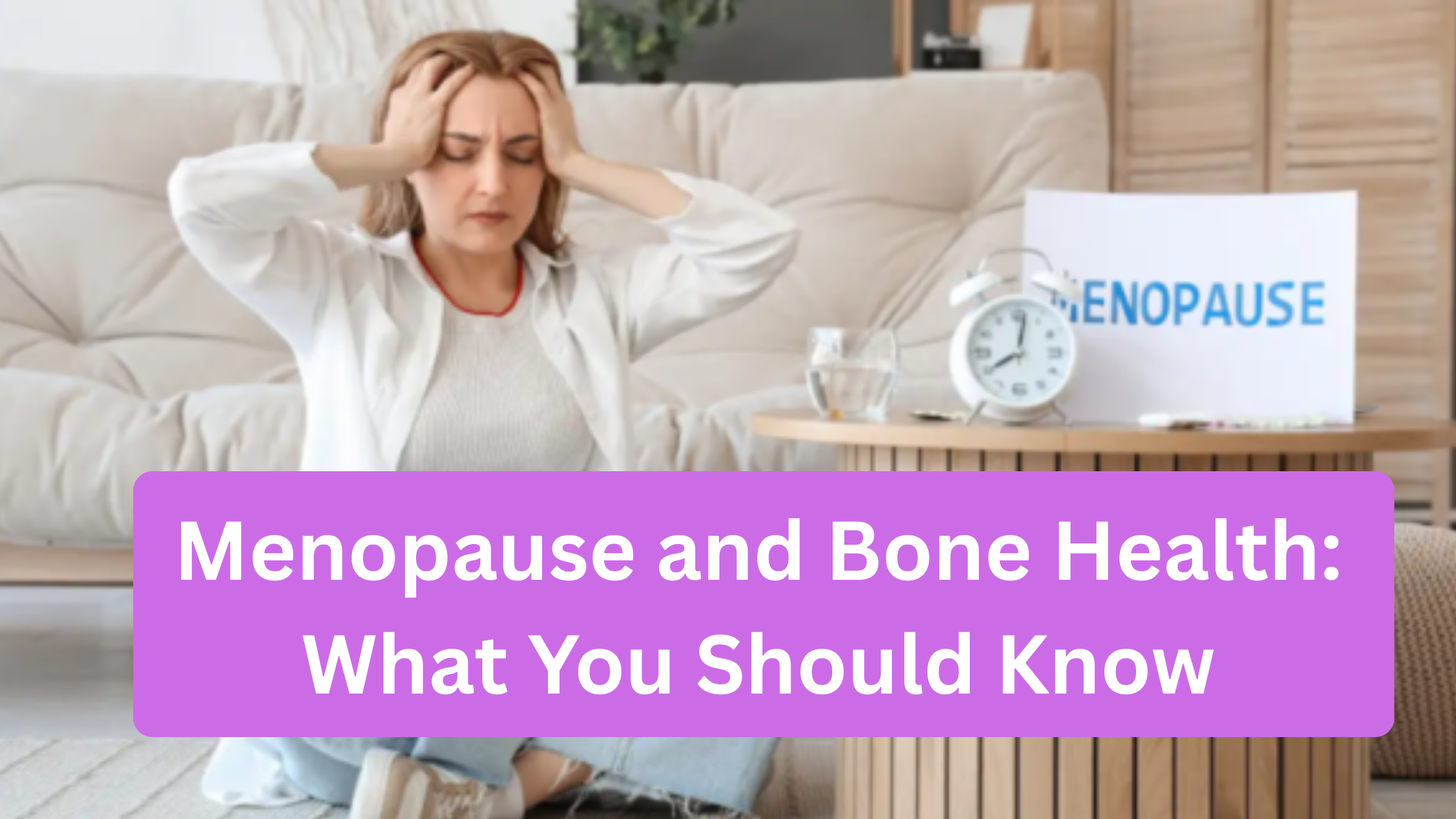
Menopause is a natural stage in every woman’s life, marking the end of menstrual cycles and a significant decline in estrogen levels. While most women associate menopause with symptoms like hot flashes, mood swings, or sleep changes, its effect on bone health is often overlooked. The decrease in estrogen can lead to a rapid loss of bone density, increasing the risk of osteoporosis and fractures.
Understanding the link between Menopause and Bone Health helps women take early steps to protect their bones and reduce the risk of fractures as they age.
How Menopause Affects Bone Health
As women move through midlife, understanding Menopause and Bone Health becomes essential for maintaining long-term mobility and strength. Bone tissue is continuously renewed through a natural balance between bone breakdown and bone formation. Estrogen plays a crucial role in maintaining this balance by slowing the rate of bone loss.
During menopause, declining estrogen levels disrupt this process, causing bone breakdown to occur faster than new bone formation. This hormonal shift explains why Menopause and Bone Health concerns increase significantly after periods stop.
As a result, women experience a gradual reduction in bone mass, particularly in the spine, hips, and wrists — areas most vulnerable to fractures. The first few years after menopause are especially critical, as bone loss tends to accelerate during this phase. Addressing Menopause and Bone Health early through screening, nutrition, and lifestyle changes can significantly reduce the risk of osteoporosis and fractures later in life.
Risk Factors for Bone Loss
While menopause itself is a key factor, certain conditions and habits can further increase the risk of bone loss:
- Family history of osteoporosis or fractures
- Early Menopause (before 45 years of age)
- Low body weight or small frame
- Lack of physical activity
- Smoking or excessive alcohol consumption
- Poor nutrition or low calcium and vitamin D intake
- Certain medical conditions such as thyroid disorders, rheumatoid arthritis, or long-term use of steroids
Identifying these risk factors early can help women take preventive steps to maintain bone strength.
Detecting Bone Weakness
Bone Mineral Density (BMD) Testing:
A DEXA scan is the most reliable test to measure bone density. It helps detect bone loss before fractures occur and guides treatment decisions.
Blood Tests:
Your doctor may also recommend blood tests to check calcium, vitamin D, and hormone levels to understand your bone metabolism.
Fracture Risk Assessment:
Tools like FRAX (Fracture Risk Assessment Tool) may be used to estimate your 10-year fracture risk, based on age, lifestyle, and other health factors. Connect with Dr. Preeti Rastogi to know more about Menopause and Bone Health.
Ways to Protect Your Bones
Maintaining bone health after menopause requires a combination of healthy lifestyle choices, nutrition, and sometimes medical intervention.
1. Nutrition:
- Include calcium-rich foods such as milk, yogurt, cheese, sesame seeds, and green leafy vegetables.
- Get adequate vitamin D through sunlight exposure or supplements.
- Ensure enough protein in your diet to support bone structure.
- Avoid excessive caffeine, alcohol, and processed foods.
2. Exercise:
Regular physical activity helps strengthen bones and muscles.
- Weight-bearing exercises like walking, jogging, or dancing improve bone strength.
- Strength training builds muscle and reduces the risk of falls.
- Balance and flexibility exercises like yoga or tai chi help maintain coordination and prevent injuries.
3. Lifestyle Changes:
- Quit smoking and reduce alcohol intake.
- Maintain a healthy body weight.
- Take steps to prevent falls at home by improving lighting and removing tripping hazards.
Medical Support and Treatment Options
In some cases, lifestyle changes alone may not be enough. Your doctor may suggest medical treatments to prevent further bone loss or strengthen bones.
Hormone Replacement Therapy (HRT):
Estrogen therapy can help slow bone loss and reduce the risk of fractures in some women. However, it should be used under medical supervision after evaluating potential risks and benefits.
Bone-Specific Medications:
Drugs such as bisphosphonates, SERMs, or newer bone-forming agents may be prescribed depending on the severity of bone loss.
Supplements:
Calcium and vitamin D supplements can be added to support dietary intake, especially if tests show deficiencies.
In Menopause and Bone Health, regular follow-up and monitoring help assess bone density and ensure treatments are working effectively.
Key Takeaways
- Menopause accelerates bone loss due to reduced estrogen levels.
- Early detection and prevention can significantly reduce the risk of osteoporosis.
- A balanced diet, regular exercise, and healthy habits form the foundation of bone health.
- Consult your gynecologist or healthcare provider to assess your risk and discuss appropriate preventive or treatment options.
Final Thoughts
Bone health should be a vital part of every woman’s post-menopausal care plan. Menopause and Bone Health should never be overlooked, as declining estrogen levels can accelerate bone loss and increase osteoporosis risk. By being proactive—through screening, lifestyle adjustments, and medical advice when needed—you can maintain strong bones, prevent fractures, and lead an active, independent life well into your later years. Get help from experts like Dr. Preeti Rastogi, Best Gynaecologist in Gurgaon.
